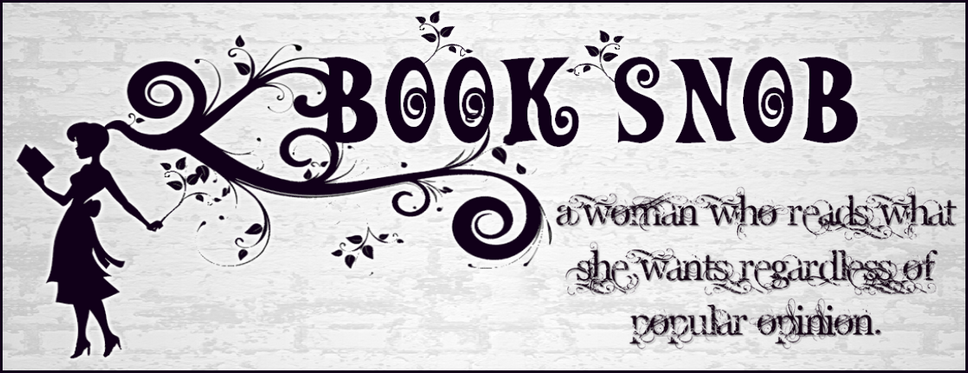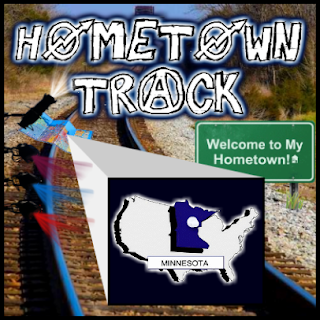Brian Duren Author Interview
Welcome Brian, Hometown Track Minnesota Author in the Spotlight.
Booksnob followers, I really enjoyed Whiteout as it kept me guessing and on the edge of my seat. I know some of these questions parallel Brian's guest post, but I really wanted the inside story behind the story.
- Tell us a little bit about yourself.
When I was growing up in Minnesota, I was unusually curious about the world and explored it through traveling and reading (a form of travel through the imagination to other times, other places, and above all other people). When I was a very young boy, seven or eight years old, I would sit on an embankment just off St. Clair Avenue, watch trains go by, and dream about where they were going. When I was a teenager and an undergraduate at the University of Minnesota, I would hitch a ride, drive, or hop a plane to places like Denver, New York, Washington D.C., San Francisco, Berkeley, Yosemite National Park, Taos, the mountains of New Mexico. At one point, I had to drop out of undergraduate school because I was broke; I worked as a waiter, earned enough money to buy a one-way ticket on a cargo ship from New York to Southampton, England, and left the United States, not knowing if or when I would return. I fell in love with Paris, immersed myself in French literature, and later earned a doctorate in French literature at the University of Paris. Traveling as a way of exploring the world has played a huge role in creating the person I am today.
2. What inspired you to write Whiteout?
In my first career I was a professor of French and Comparative Literature. One of my research and teaching interests was literature and psychoanalysis. (This interest goes all the way back to my senior year in high school.) One could say that psychoanalysts focus on the consequences of dysfunctional families. Paul’s family is a hypothetical, dysfunctional family, and I am exploring the political dynamics of Paul’s family and the damage those dynamics have wreaked on all the members. And how did I get interested in psychoanalysis? In part by watching what children go through on their way to becoming adults.
3. I totally love the Boundary Waters as the setting for your book. Why did you decide to set your book in the area of the Boundary Waters?
As I mentioned in my guest post, I used to bring my three sons to the Boundary Waters for vacations and I fell in love with that area of Minnesota. The wilderness, with its silence and isolation, is a great setting for a story.
4. Can you explain the Boundary Waters Canoe Area to non-Minnesotans?
Over a million acres of wilderness in northern Minnesota, along the U.S.-Canadian border, made up largely of lakes, rivers, streams, and about 400,000 acres of old-growth forest.
Spirit Lake is fictional. Two different lakes inspired the description of Spirit Lake: a lake in the BWCA and another (that has a black hole like the one in the book) in the Chippewa National Forest.
6.What are the lessons you want to impart to your readers?
I want to provide a window for my readers, a mirror through which the book will lead them back into themselves, take them on a voyage, and bring them to a new place.
7.Do you like to read? What authors or books influence you?
I love to read. When I was a young boy and a teenager, I loved the feeling of getting so immersed in a book that I did not want it to end. When I was about twelve, a film adaptation of War and Peace came to St. Paul. I didn’t get to see the movie, but I read the book and fell in love with it. Later, in high school, I read everything I could get my hands on by F. Scott Fitzgerald and Thomas Wolfe. The summer following my graduation from high school, I visited McCosh’s Bookstore in Dinkytown, discovered Dostoyevsky, and by my nineteenth birthday I had read everything by him that had been translated into English. When I was nineteen I read Proust, and years later I wrote a dissertation on In Search of Lost Time. I have read a lot since my teenage years and been influenced by many writers, but the authors I loved when I was young still have a special place in my heart and mind.
8.Usually an author puts some of his own life experiences in the book. Did you do that? Do you have anything in common with your characters?
 The descriptions of the lodge and resort in the book are inspired by a lodge and resort in the BWCA (although I made a lot of changes as I wrote). Paul’s home in Paris is modeled after the apartment in Paris in which I lived for two years and three months. And there are a lot of details about characters that come from my life and people I have known. I feel a real bond with all of my characters. One of the great things about reading is that you can experience the world through the eyes, the heart, and the mind of another person. But for that to happen, the writer needs to have already accomplished all of that.
The descriptions of the lodge and resort in the book are inspired by a lodge and resort in the BWCA (although I made a lot of changes as I wrote). Paul’s home in Paris is modeled after the apartment in Paris in which I lived for two years and three months. And there are a lot of details about characters that come from my life and people I have known. I feel a real bond with all of my characters. One of the great things about reading is that you can experience the world through the eyes, the heart, and the mind of another person. But for that to happen, the writer needs to have already accomplished all of that. 9.I really liked the historical and geographical backdrop for Whiteout. Why did you choose to place it in history where you did?
I’ve already talked about the geographical backdrop. As for the historical context, I felt the moment in history when people were knocking down the walls of the former Soviet Union would form an interesting context for the period in Paul’s life, when he was knocking down so many walls. What one finds on the other side of the wall is not always pretty.
10.I would characterize this book as multi-genre. How would you characterize it?
I think “multi-genre” is a good description. I usually describe “Whiteout” as a book of literary fiction that draws on conventions of the mystery, the thriller, and epistolary fiction to narrate Paul’s quest.
11.This is your first book. Can you tell us why you decided to become a writer?
When I was in my early twenties, I wanted to be a poet. I showed some poems to John Berryman, who liked my work and encouraged me to send some poems to Henry Rago, editor of Poetry, with his recommendation. But eventually I understood that without money I didn’t have much chance of survival, so I took the academic route. Many years later I started writing late at night and on weekends, and eventually left teaching, became an administrator, and then retired. I wrote the first few drafts of Whiteout while working as an administrator. If I had been born twenty years later, when MFA programs were springing up all over the country, I would have done an MFA in creative writing. I am a big supporter of institutions that nurture the creativity of young people and help them find a way to survive while becoming writers, artists, musicians, composers, etc.
12. In one sentence, tell us why we should read WHITEOUT?
Based on what some of my readers have told me, I think Whiteout is capable of providing readers with a window, a mirror through which the book will lead them back into themselves, take them on a voyage, and bring them to a new place.
Thanks Brian.





No comments:
Post a Comment